Gaza, MINA – The Israeli occupation military has forcibly displaced hundreds of Palestinians from shelters in the town of Beit Lahia in the northern Gaza Strip, threatening them with weapons.
According to accounts from the displaced civilians, Israeli soldiers, who have been intensively attacking and besieging the Gaza Strip for at least 17 days, raided a shelter near the Indonesian Hospital where Palestinians had taken refuge. The troops detained a large number of Palestinian men staying there.
Security checks conducted by Israeli soldiers on women and children in the shelter caused fear and panic among them. The Israeli army claimed that Salah al-Din Street on the eastern side of Gaza was safe and urged the refugees to move southward through this route, Anadolu Agency reported.
However, the Palestinian group Hamas accused Israel of spreading disinformation, saying the “security corridors” touted by Israel have become dangerous, with Palestinians being targeted by snipers or subjected to bomb attacks along the routes.
Also Read: Israel Kills Six Palestinians in First Ceasefire Violation in Gaza
Unwilling to be forcibly displaced southward, the civilians opted to head back towards Gaza City in the north, fearing they would be unable to return if they left the area.
Residents of the northern region say a similar situation is unfolding for Palestinians in the south.
Palestinians forced to walk until they can’t anymore
Hundreds of Palestinians were forced to walk eight kilometers (five miles) to reach Gaza City, suffering from hunger and thirst under Israel’s heavy blockade and bombardment without even taking any belongings with them due to being prevented by Israeli soldiers.
Also Read: Israel Receives Bodies of Four Hostages from Red Cross under Gaza Ceasefire Deal
Eyewitness accounts from the displaced Palestinians describe scenes of horror.
Vefa al-Kafarine, who took shelter in a school near the Indonesian Hospital, told Anadolu that they had a terrifying night due to the sounds of missiles and explosions in the surrounding areas. He said Israeli forces began evacuating all the schools early in the morning, treating the women very poorly and forcing displaced civilians to walk amid the sound of gunfire and artillery.
Umm Mohammed al-Misri, another displaced Palestinian, expressed shock at seeing Israeli military vehicles surrounding the shelters, with 50-60 tanks and a large number of soldiers, a scene she had never witnessed before. She said they traveled a long distance on foot without food or water, nearly losing the ability to walk.
Young Palestinian woman Iman Wadi recounted how she, her mother, her child and her three sisters were forced to move towards Gaza City.
Also Read: MER-C Builds WASH Facilities in Al-Nuseirat Camp, Southern Gaza
She said Israeli soldiers raided their shelter at the UN-run Aleppo School near the Indonesian Hospital in northern Gaza at dawn on Oct. 19, violating the “sanctity” of humanity. She said Israeli forces gathered the men, women and even underage children in the yard, beating them and using obscene language.
Wadi said the soldiers took away her father, brother and husband along with underage children to an unknown location.
Another displaced Palestinian woman, Shayma’ al-Tali, said the occupying soldiers pushed Palestinian men into large pits near the shelters and opened fire on them. She said she also witnessed Israeli bulldozers digging large trenches near the Indonesian Hospital, apparently for mass killings.
The forced displacement of civilians and the reported human rights abuses against them have raised alarm about the deteriorating humanitarian situation in northern Gaza.
Also Read: UN Reports Improved Humanitarian Access in Gaza Amid Ongoing Ceasefire Efforts
The Israeli army has continued a massive offensive in northern Gaza amid a suffocating siege on the area.
It is the latest episode in Israel’s brutal onslaught that has killed more than 42,600 people, mostly women and children, and injured 99,800 others since a cross-border incursion by Hamas last October.
The Israeli war has displaced nearly the entire population of Gaza amid an ongoing blockade that has led to severe shortages of food, clean water and medicine.
Israel also faces a genocide case at the International Court of Justice for its actions in Gaza. (T/R3/RE1)
Also Read: Israeli Forces Raid West Bank Hours After Detainee Release
Mi’raj News Agency (MINA)





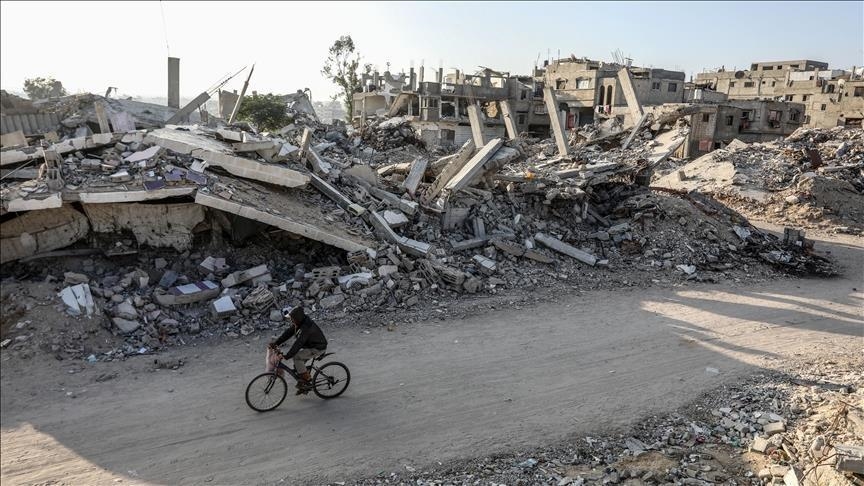



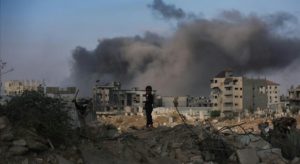


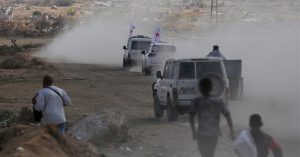
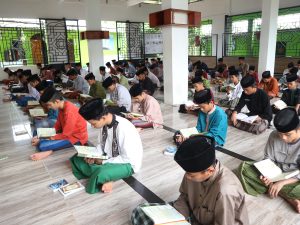
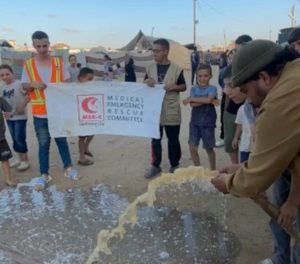
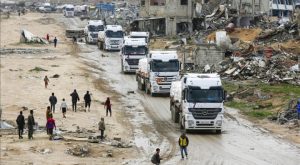
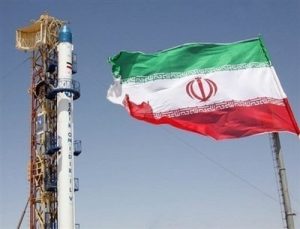




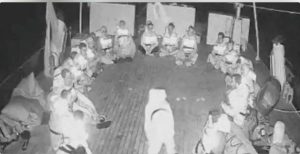

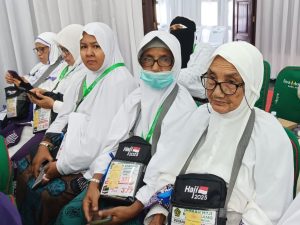
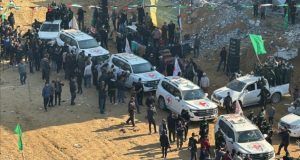



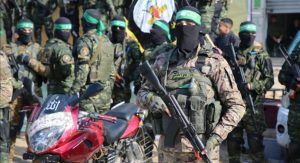




 Mina Indonesia
Mina Indonesia Mina Arabic
Mina Arabic